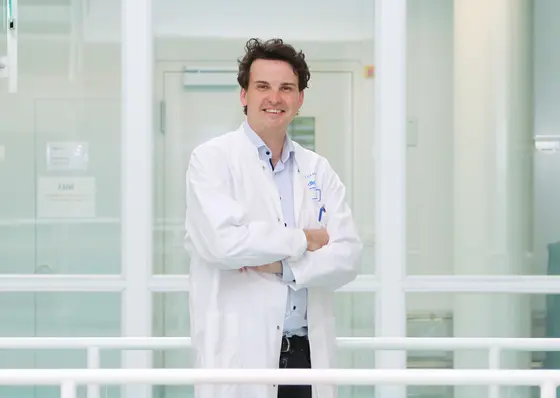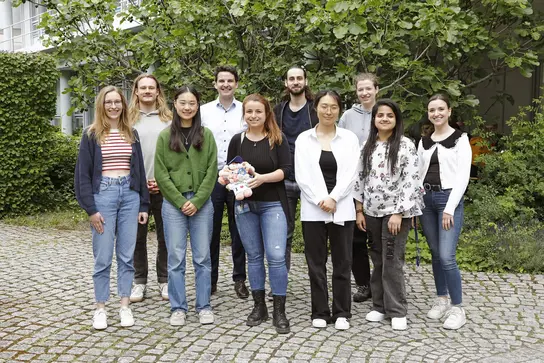With its ERC Starting Grants, the European Research Council (ERC) supports talented young scientists. The funding of 1.5 million euros for up to five years is intended to help them set up their own research group at a recognized research institution in the EU.
Bacterial colonization has already been proven for a large number of types of cancer. The case is particularly clear for colorectal cancer, as examinations of stool and tissue have repeatedly and reliably shown a connection with certain types of bacteria.
The bacterial colonization of cancer metastases has been far less investigated. Several studies indicate the presence of microorganisms in the metastases of tumors, such as breast or colon cancer. Whether, and if so, what role the microbes play in the metastasis process, however, is virtually unknown. Yet metastatic spread is the main cause of cancer mortality and understanding the role of bacteria in this process could reveal new ways of stopping or interrupting this progression.
With the ERC-funded METABAC project, Jens Puschhof wants to systematically tackle these questions on the example of colorectal cancer metastases. The first step is to catalog exactly which types of bacteria actually colonize the metastases. In a next phase, Puschhof's team wants to find out whether the respective microorganisms influence certain aspects of cancer spread. In these investigations, the DKFZ team will benefit from its extensive expertise with sophisticated methods developed in-house, such as the co-culture of tumor organoids with bacteria or organ-on-a-chip techniques.
The key questions that Puschhof wants to answer are: Do the bacteria isolated from metastases have special genetic properties that distinguish them from their counterparts from the primary tumor or from healthy tissue? Do they contribute to the metastasis? How do they reach the distant sites deep inside the body, for example, do they travel inside the cancer cells? And do they play a role in the localization of metastases in different organs?
The results of the METABAC project will be directly incorporated into translational research projects to find out how cancer patients can benefit from research progress as quickly as possible.




